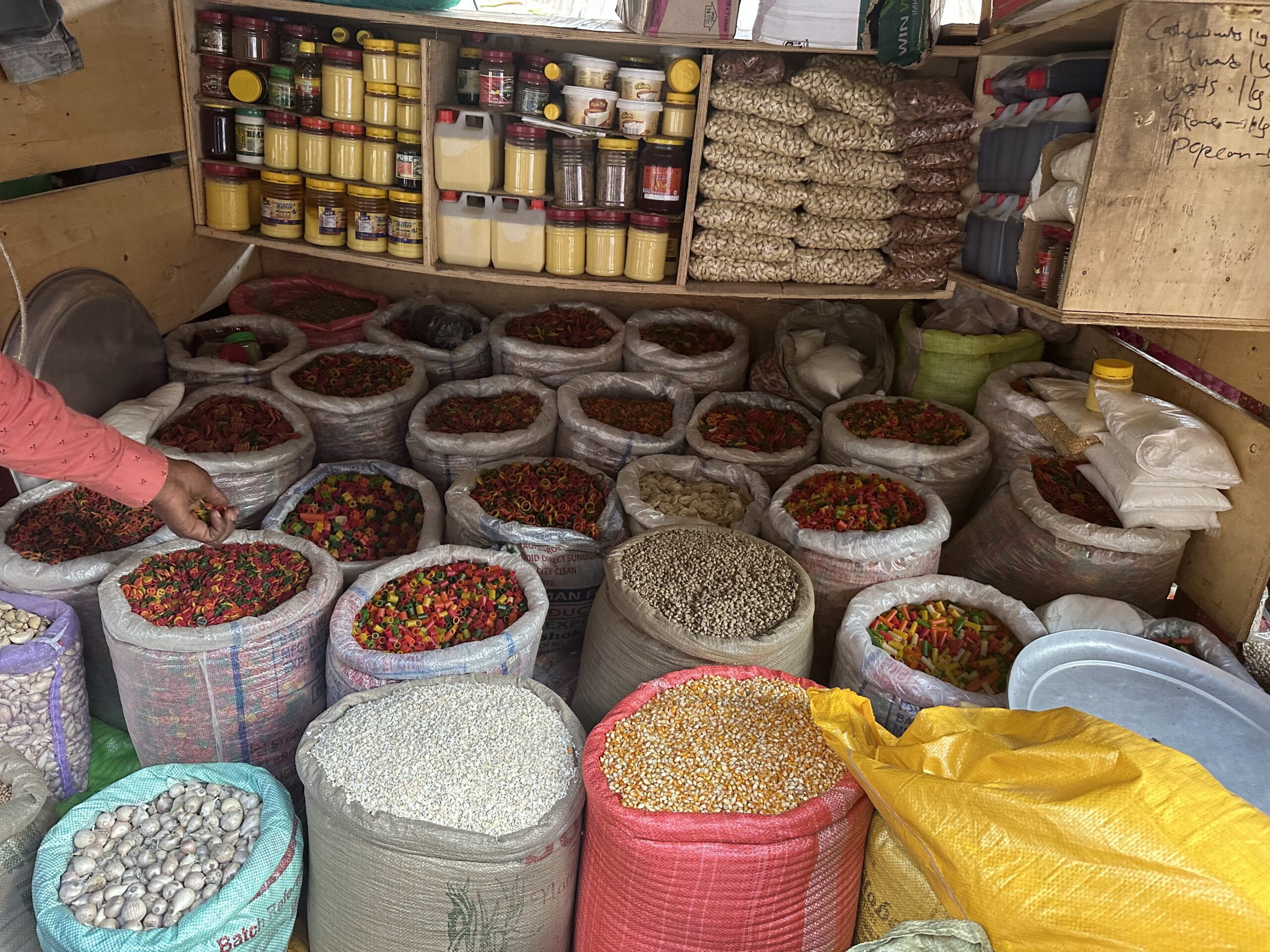
Logistics Preparation
Communicating Abroad
Weigh your communication needs, budget, and length of time abroad in order to decide which mobile option for communicating with family, friends, local contacts, and emergency resources will suit you best. Options to consider include:
Unlocked Phone & Local SIM Card
- Bring an “unlocked” phone with you when you go abroad.
- A phone is “unlocked” when it is not tied to a single carrier and will work on another service provider’s network. Find out from your current cell service provider if your phone is already unlocked. If it is not currently unlocked, request that it be unlocked. A fee may be associated with this request.
- On arrival, purchase a local SIM card abroad and insert it into your unlocked phone.
- Most plans abroad will be “pay as you go” and are best for use for local calls, texts, and data.
Local Phone & Local SIM Card
- On arrival to your abroad location, purchase an inexpensive local phone for use with a local SIM card.
Current Phone with International Plan
- Find out what international calling and data options are available with your current cell service provider.
- International phone plans sometimes include expensive data or roaming charges, so make sure you understand the plan that is relevant for your provider.
Current Phone with WiFi Access
- Use Wifi to communicate over apps such as Skype, WhatsApp, Viber, or FaceTime.
- Although communicating over wifi can be inexpensive or free, make sure you are familiar with how accessible wifi will be in your abroad location.
- If you will rely on wifi for communication, identify a way to communicate without wifi in the event of an emergency, even if this involves incurring expensive phone charges.
Additional Advice: Before you depart for your destination, back up your phone contacts, photos, music, and any other relevant data to cloud storage or an external device. If you choose to use your current phone while abroad, continue to back up your phone frequently throughout the semester. In the event your phone is lost or stolen, you will still be able to access the majority of your saved files.
Accessing Money Abroad
Follow these steps to make sure you will have enough money to support yourself while abroad, and you will be able to access your money via a local bank or ATM.
1. Call your bank(s) before you travel abroad:
- Tell your bank where you are traveling (including stopover countries) and for how long. Your bank will put a travel notification on your account so that it does not freeze your account for suspicious international activity.
- Ask what your bank’s policy is for international ATM and transaction fees. It is best if you have low or no international fees.
- Ask if your bank has partner banks abroad so that you can utilize banks and ATMs without a fee.
2. Look up the daily cost of living in your destination country:
Look up the daily cost of living for a university student in your destination country, as well as the exchange rate from US dollars to local currency. This will help you budget for your overall time abroad, as well as plan how much money you should carry on a daily basis.
3. Access cash in local currency from ATMs abroad:
Access cash in local currency from ATMs abroad. ATMs tend to give better exchange rates than currency exchange counters in the airport or ordering foreign currency from your bank prior to departure.
4. Bring several ways to access money:
Bring several ways to access money (ATM card, credit card) and don’t keep them all in the same place.
5. Familiarize yourself with the program budget sheet:
Refer to the program budget sheet on PASSPORT to help you estimate your expenses including housing, meals, and flights (where applicable).
Packing
Many students overpack when preparing for an abroad experience. It is best to pack lightly, as most students return home with more luggage than when they left.
- Pack clothing appropriate to the climate of your host location.
- Pack essential toiletries, such as contact lenses and contact solution.
- If you will be abroad for a long period of time, investigate what items you may be able to obtain on arrival to your host location (such as bed linens, some toiletries, etc).
- Make sure you understand the luggage restrictions associated with your airline and ticket type.
- Do not pack any irreplaceable items.
- You may need a plug adapter and/or a voltage converter for your electronics.
- Outlet types and voltage output vary around the world. Find out what outlet types and voltage norms are standard in your abroad location, and plan accordingly with purchase of a plug adapter and/or voltage converter.
- Bring enough medication for the duration of your time abroad.
- Over-the-counter medication should be in original containers.
- Prescription medication should be in original containers and you should have a copy of your prescription.
- Contact International SOS to make sure that it is legal to carry your current medication (prescription and over-the-counter) in your host location.
- If you will need to refill a prescription abroad, contact International SOS to make sure you know how you will access your medicine abroad.
- Bring a photocopy of your passport, and keep this in a separate place from your actual passport. If you lose your passport, it is important you have a copy. Also, leave a photocopy of your passport with a trusted friend or family member at home.